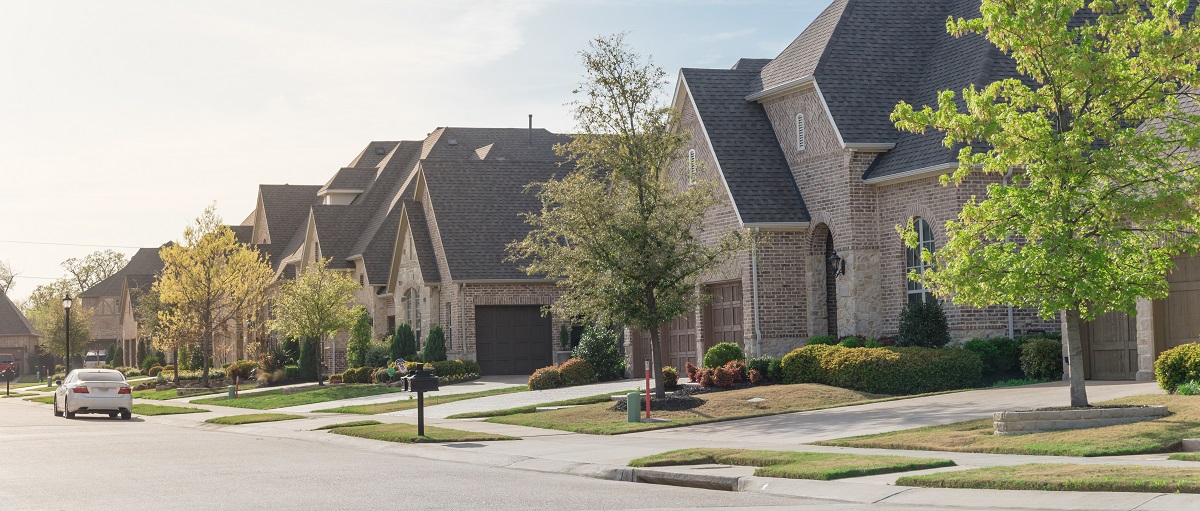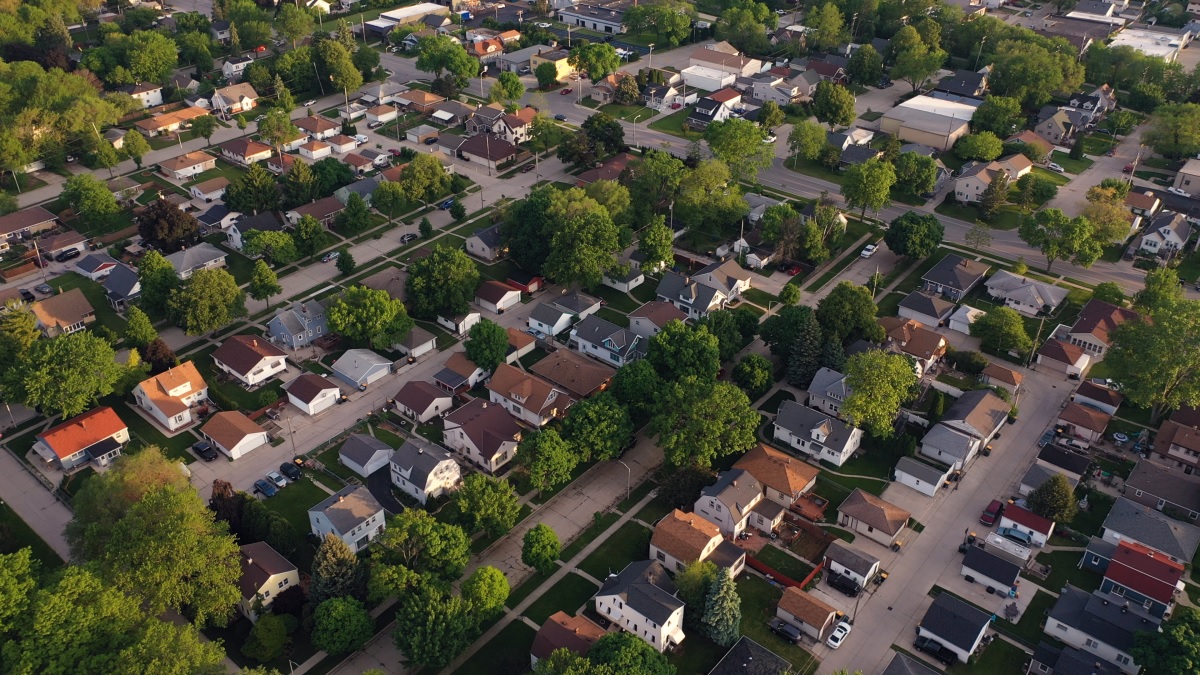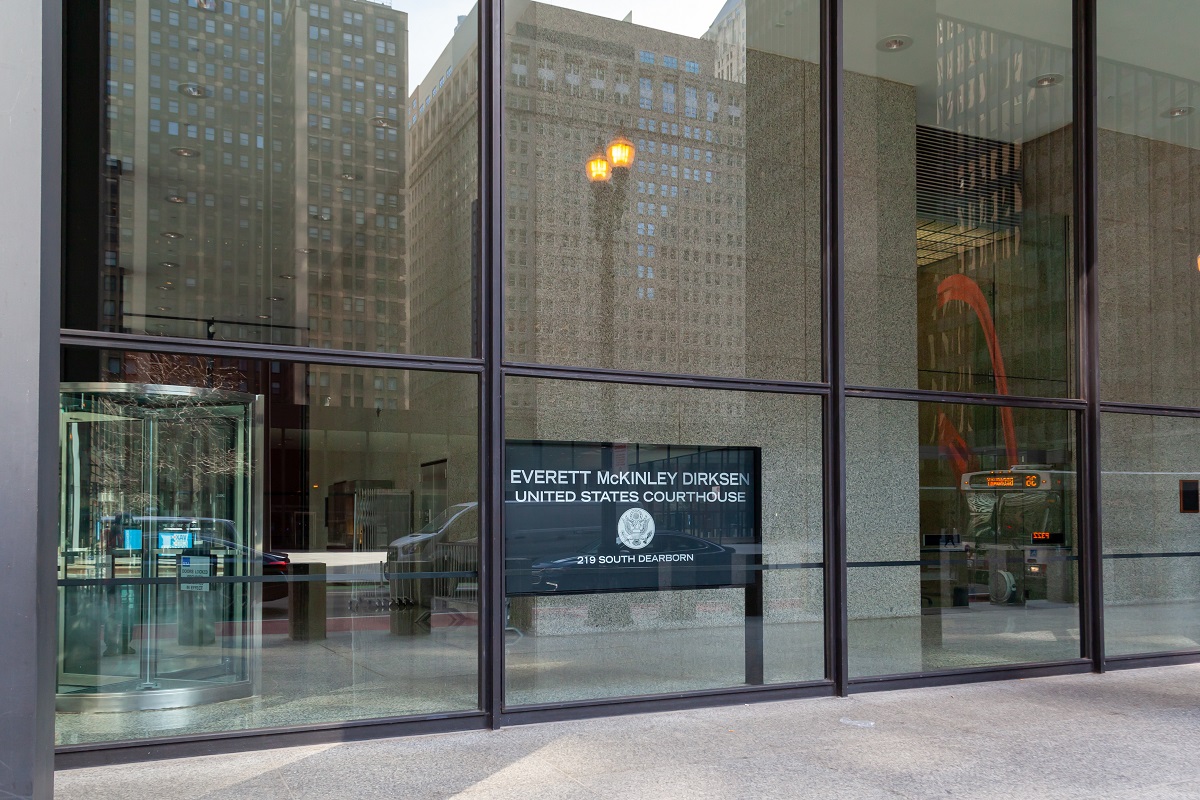The Supreme Court of Texas recently held that, when a lender or loan servicer rescinds its acceleration of a loan in compliance with Texas Civil Practice and Remedies Code Section 16.038, the rescission resets the statute of limitation even if it is combined with a notice of reacceleration.
Posts tagged as “Mortgage Law”
The California Court of Appeal, Fourth District, recently held two borrowers’ allegations that their lender was not properly licensed were insufficient to establish an actual economic injury, necessary for standing under California Business and Professions Code section 17200, and that there was no private right of action under California Financial Code sections 22100 and 22751.
In an action brought by two warehouse lenders, the U.S. Court of Appeals for the Tenth Circuit recently held that multiple negligent audits of the mortgage lender borrower were “interrelated” under an auditor’s insurance policy and that the claim of one warehouse lender was “interrelated” with the claim of the other warehouse lender when they arose from the same audit.
The Appellate Court of Illinois, Fifth District, recently held that, because the defendant borrowers failed to file their petition for relief from a foreclosure judgment in the same proceeding in which the allegedly void order was entered, as required under Illinois procedural rules, the petition should have been dismissed without prejudice.
The Appellate Court of Illinois, First District, recently held that a trial court should not have rejected a borrower's attempt to vacate two different foreclosure judgments against him on the grounds of defects in service of process in those actions.
In an action by a group of borrowers who alleged a fraudulent reverse mortgage scheme, the Appellate Court of Illinois, First District, recently affirmed the trial court’s judgment against the borrowers, and held that neither the discovery rule nor the continuing violation rule tolled the five-year statute of limitations for the borrowers’ declaratory judgment claims, making them untimely.
The Appellate Court of Illinois, First District, recently affirmed a trial court’s order denying a tenant’s emergency petition to vacate an eviction following a foreclosure action.
In an action by Cook County, Illinois against various lenders for alleged increased expenses supposedly arising from heightened default rates, in which the County asserted that the lenders engaged in an “integrated equity-stripping scheme," the U.S. Court of Appeals for the Seventh Circuit recently affirmed a summary judgment ruling in favor of the defendant banks.
The U.S. Court of Appeals for the Seventh Circuit recently affirmed a summary judgment ruling in favor of a mortgage loan servicer and held that no reasonable jury could find that the servicer provided patently incorrect or materially misleading information sufficient to support a claim under Section 1681s-2(b) of the federal Fair Credit Reporting Act.
The California Court of Appeal, Fourth District, recently held that a party who purchased the collateral property through a homeowners association foreclosure sale is a "successor in interest" under California Civil Code § 2924c, and therefore has the right to cure any payment defaults and reinstate the loan and has standing to bring a wrongful foreclosure action.
Texas Supreme Court Rules Mortgagee Could Not Avoid Foreclosure SOL With Equitable Subrogation Claim

The Supreme Court of Texas recently held that a mortgagee’s foreclosure action was time-barred and that the doctrine of equitable subrogation did not provide the lender with an alternative timely claim.
The Appellate Court of Illinois, First District, recently reversed a trial court’s order striking an affirmative defense to a foreclosure, vacated the foreclosure rulings, and remanded the matter for further proceedings.











